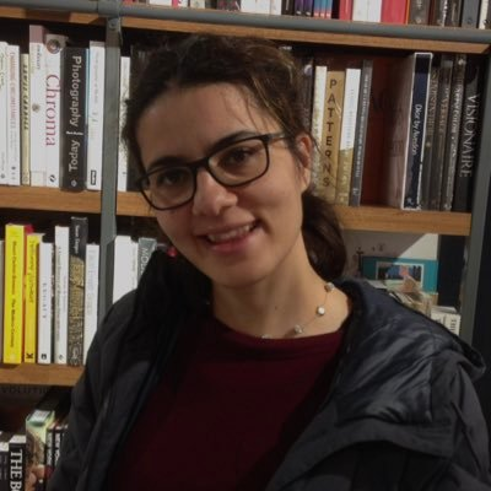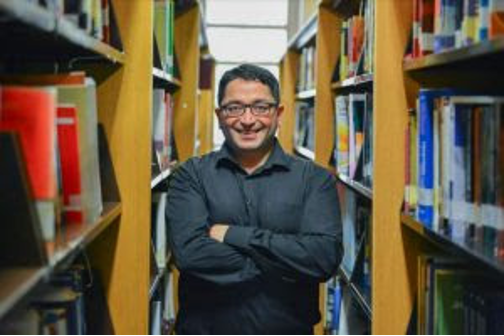The academicians of ITU Economics Department participate in policy making at local, regional, national and/or global level to implement programmes and policies to end poverty in local, regional, national, global dimensions.
Young Children of Disadvantaged Families: A Comprehensive Analysis of Parental Human Capital Investment and Child Health
Promoting new-born and children's health is a policy priority for sustainable development and the EU takes action to 'promote inclusive and child-friendly societies, health and education systems' (Thematic area 2 of the EU Strategy on the Rights of the Child). Nevertheless, within country differences exist in children's access to essential health care especially among the vulnerable groups of undocumented migrants and children living in poverty. An obvious obstacle for access to health care for the irregular migrants is lack of universal health coverage. Another significant determinant of restricted health care utilization of these vulnerable children is the challenges associated to the socioeconomic status of the parents. There is little research to show methods to eliminate the health risks associated to displaced children and children living in poverty and to integrate them into the European health system. The overall goal of YouCDF is to provide a systematic and comprehensive analysis of the amount, types and short- and long-term consequences of parental investment to children from the perspective of health economics. YouCDF will: -investigate the extent to which the limitations in the household level (restricted financial resources available to the main caregivers) could be compensated by a universal health care system, -test the empirical implications of the model, - inform policy makers about the potential risks to the public health system caused by underinvestment to children, and related inequalities. YouCDF addresses one of the potential public health challenges for Turkey and the EU: The number of children who have limited access to nutritious food increases as a result of hosting refugee children from Syria and facing increased food prices due to the war in Ukraine.
https://cordis.europa.eu/project/id/101109609

Aygün, Aysun Hızıroğlu (PI)
University of Minnesota Twin Cities
Fair Division under Risk and Uncertainty - Policy Applications
The problem of fairly allocating resources pertains to various realms of social issues ranging from taxation and bankruptcy to climate change and from kidney exchange and school admissions to dividing estates amongst claimants after death or divorce. The solution to such problems requires the direct use of the notion of equity and fairness by precisely defining these concepts as axioms and examining critically the effect of the use of these axioms. Naturally, the fair division method depends on the specific context of the problems. Distribution of food supplies under emergency calls for egalitarian divisions, whereas the liquidation value of a bankrupt firm among its creditors is executed via proportionality principle. Furthermore, many real-life allocation problems require distribution before uncertainty is realized. The focus of the proposed research will be on the fair division under uncertainty and its various policy applications.

Ertemel, Sinan (PI)
Kumar, Rajnish (CoPI (Ortak Sorumlu Araştırmacı))
Queen's University Belfast
Collaboration in Policy Making for Poverty

The collaboration map of the Department of Economics in global dimension for policy making research.